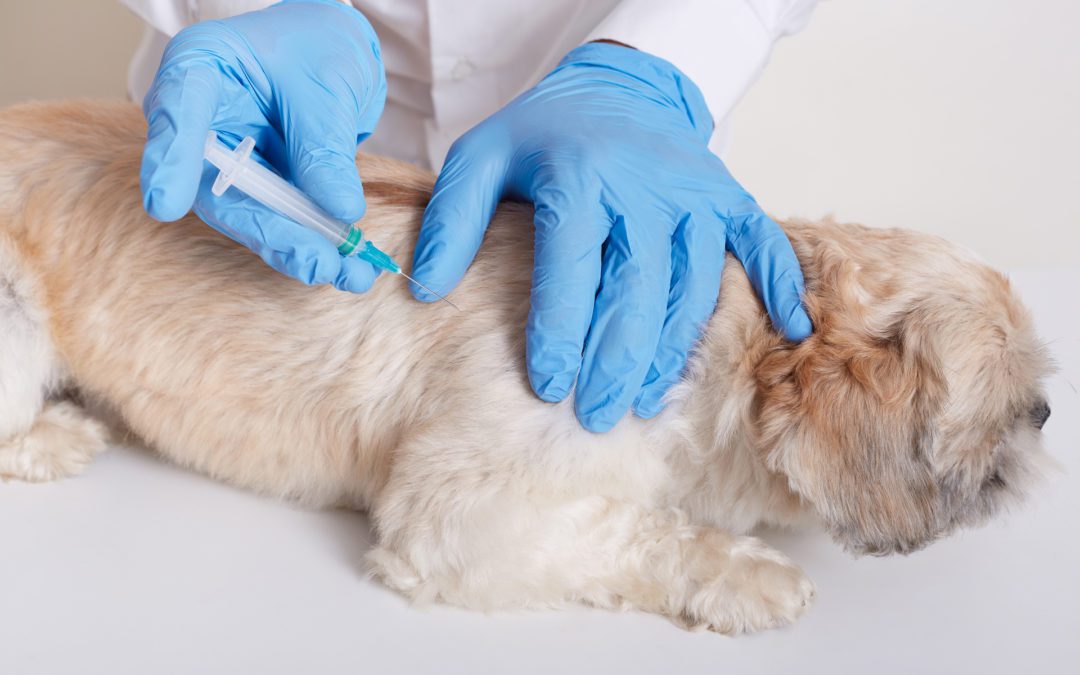Vaccinations shield animals from infection and sickness and considerably lessen their severity. Pet vaccinations also protect owners from zoonotic illnesses or conditions that can spread from animals to people. Leptospirosis and rabies are two zoonotic illnesses that frequently harm our pets. In addition to the lifestyle of the pet being vaccinated (whether indoor or outdoor), travel, grooming, and boarding habits, underlying sickness (such as immune-mediated disorders), pre-existing ailments, and the risk of exposure are all important considerations. Together, you and your veterinarian will decide which vaccinations your pet needs.
A small portion or component of the disease—the antigen—is injected into the body as part of a vaccine to trigger the immune system’s production of antibodies, the body’s natural defenses. It will take two injections given three to four weeks apart to create a potent army of antibodies to fight off that disease for a full year in a pet older than four months that has never received a vaccine.
We vaccinate puppies and kittens every three to four weeks until they are four months old. To maintain the health of your pet’s immune system after the initial vaccination series, vaccinations are given every one to three years, depending on the vaccine.

